8 secrets of Japanese longevity
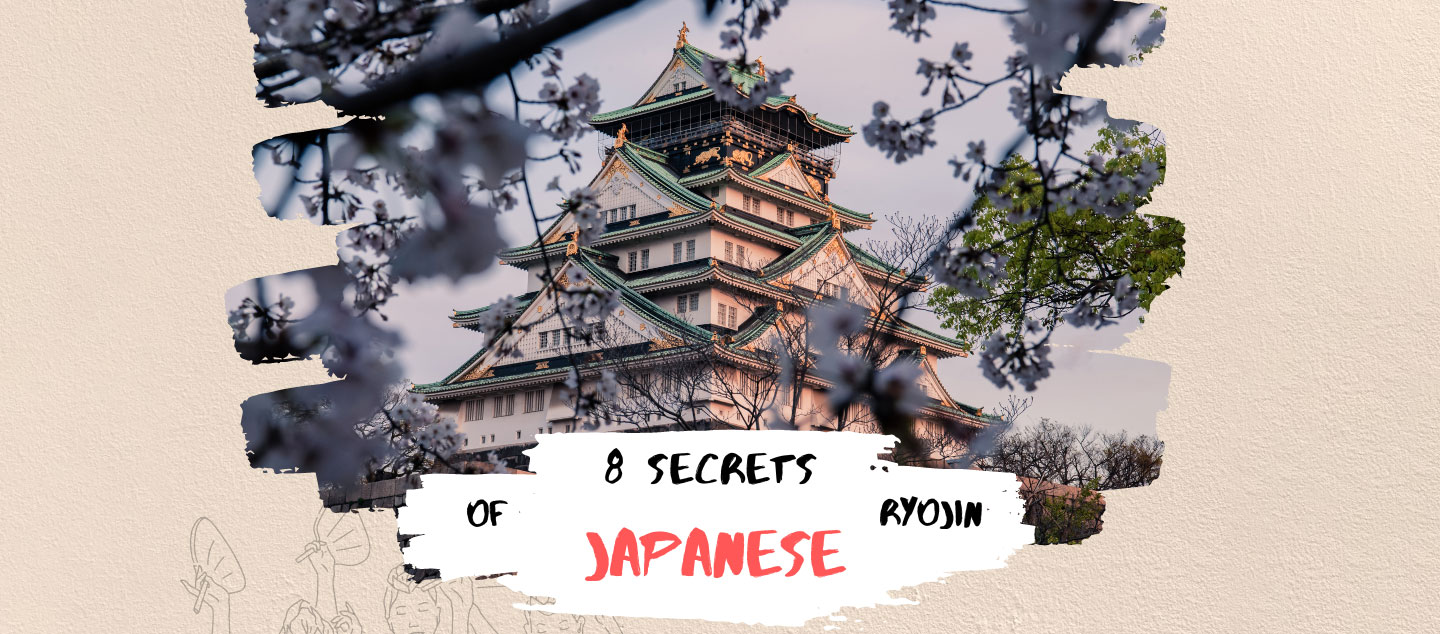
Their longevity is one of the most popular stereotypes about Japanese people. And the truth of this cliché is demonstrated by the inhabitants of the island of Okinawa, their life expectancy is estimated at 81 years for men and 87 years for women. This longevity comes from 8 secrets that the Japanese apply every day. To have a high life expectancy, follow these secrets coming from the people of the rising sun:
1- Japanese food
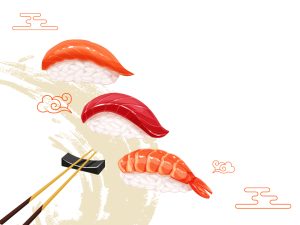
Apart from their large consumption of green tea and also the famous “matchas”, Japanese people eat mainly natural foods such as rice or vegetables which are traditional dishes with fish, eggs etc… Moreover, to keep their nutritional contributions most of the Japanese dishes are eaten raw. On the other hand, meats, industrial dishes and dairy products are rarely consumed.
2- The 80% rule or "Hara hachi bu
Afin de préserver leur principe de consommation d’aliments de qualité plutôt que de quantité, les Japonais ont inventé la règle du “Hara hachi bu” qui se traduit en français par “la règle du ventre à 80 %”. Cette règle consiste à s’abstenir de manger lorsque l’on est à 80% de satiété. Grâce à cette méthode, ils évitent les risques de surpoids et autres maladies. Par ailleurs, les plats japonais sont appréciés pour leur goût et leur présentation.
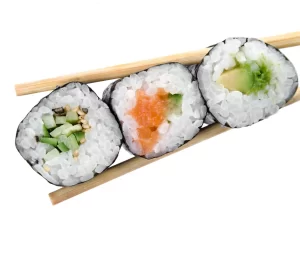
3- The Japanese way of life

After a healthy diet, it is necessary to be active and relax. This is how Japanese people achieve a better lifestyle. Many Japanese people start their day early with sports to wake up and strengthen themselves. This practice helps to beat the stress of daily life. But there are also other relaxing exercises practiced in Japan, for example: calligraphy, ikebana or floral art and many others… And then, a purely Japanese tradition is to relax in a thermal bath commonly called “onsen”.
4- Physical exercise in Japan
Japanese people have the habit of being active even after retirement age. This is due to their penchant for physical exercise from a young age because in Japan, they join sports clubs or art hobbies that they will follow throughout their schooling from that age. On the other hand, a morning exercise ritual is practiced by 27 million Japanese regardless of age or physical condition and it is called “rajio taiso”. The rajio taiso is a form of Japanese gymnastics used everywhere in Japan even in companies to keep the workers in shape.
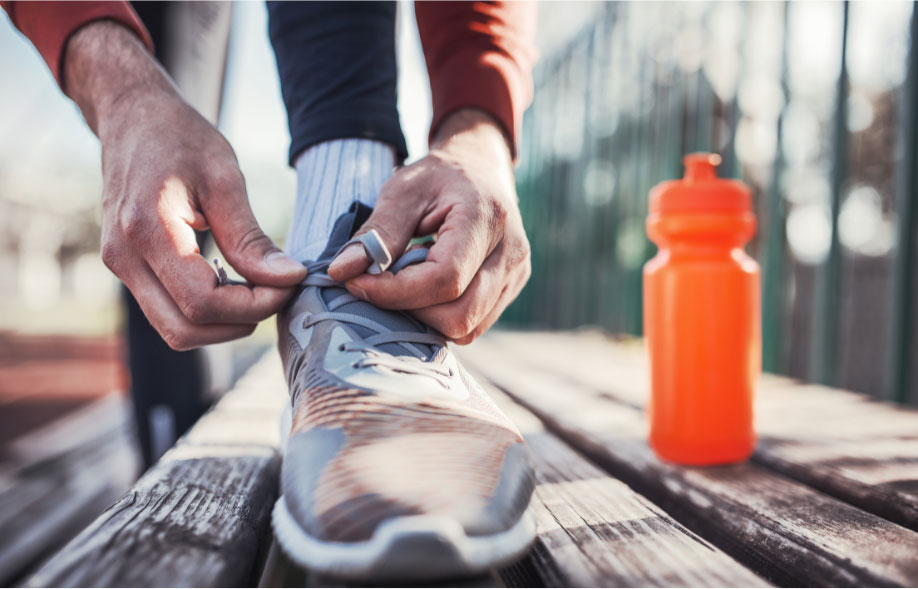
5- Access to health care
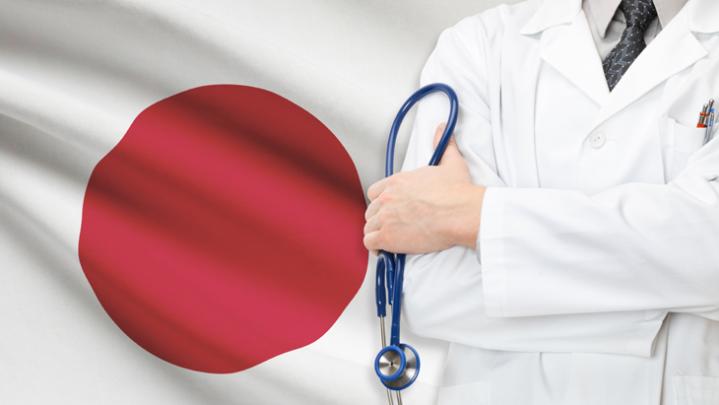
In Japan, there are two types of public health insurance. A public health insurance that pays up to 70% of medical expenses and an employee health insurance where employers pay 80% of medical expenses of employees and their dependents. Japanese medical care is therefore of high quality because in addition to insurance, the clinics and hospitals are staffed with the best doctors in the world and are easily accessible to the people. All this helps the Japanese people to be healthy and have a long life expectancy.
6- Community life
Social life is a value that is acquired very early in Japan. Indeed, Japanese culture always favors the interest of the community before personal interest. In this sense, the Japanese give a great importance to the concept of family because for them living with others promotes a happy and long life. This has been proved by the inhabitants of the island of Okinawa who have in the village of Ogimi a society of old people and centenarians who help each other.
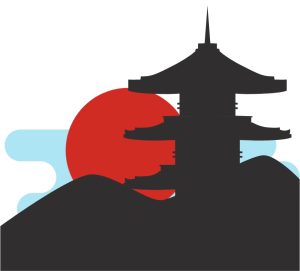
7- The ikigai or the reason for being
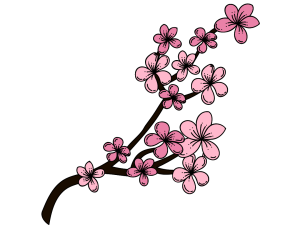
Coming straight from Okinawa, ikigai is a philosophy of life that helps to find one’s reason for being. Translated as “reason to live or reason to be”, ikigai allows you to feel happy to exist and to get up in the morning with a smile. This philosophy of life refers to the perfect balance between what you like to do, what you know how to do, what you are paid to do and what society needs. In other words, ikigai is the completion of one’s work, one’s passions and the feeling of being useful to others. For the Japanese: “to find your ikigai is to follow your path to happiness”.
8- The spirituality of the Japanese
Studies have shown that people who attend places of worship have a longer life expectancy. But it is also important to take into account meditation which is widely practiced in Japan. With its countless benefits, it also helps to reduce stress, especially by reducing the hormones responsible, cortisols. In this sense, meditation also reduces the risk of stroke, which allows us to affirm that “zenitude” is one of the secrets to live well and long.
The Japanese dress very well, would it be a secret of their longevity? In any case, the women’s robe store is very successful in Japan.
